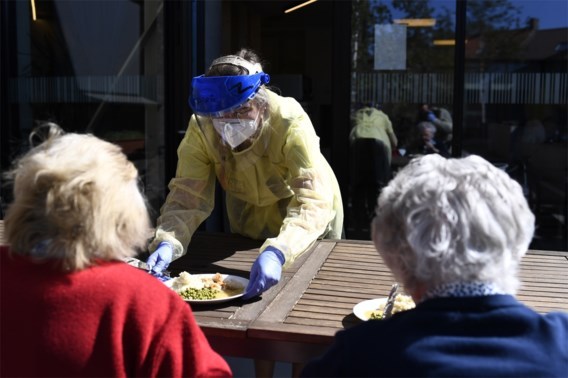People on low incomes suffer the effects of Covid-19 more than those with more means, according to a survey carried out by the medical insurer Socialist Mutualities (MS).
The study looked at the figures for excess mortality in the period from mid-March to mid-May, roughly the time of the nationwide lockdown. During that period, about 50% more people died than would be expected for the time of year – deaths which can be attributed to the virus.
That corresponds to 9,000 more deaths in the nine weeks studied than the average for the five previous years.
Looking more closely into the figures, the study found that the excess mortality disproportionally affected people on lower incomes. People who were relatively well off saw an increase overall of 45%.
The MS covers about 30% of the Belgian population for health insurance.
Firstly, the major factor influencing the number of fatalities was the age of those infected. Of those who died, 53% were aged over 85, and another 29.1% aged between 75 and 84. And two-thirds of the excess mortality was among the population of the care homes. By contrast, elderly people living at home suffered an excess mortality of ‘only’ 28%.
However when the residents of care homes were take out of the calculation, it was found that excess mortality among the less well-off was 45%, and among the better-off only 15%.
Paul Callewaert, general secretary of the MS, explained how that difference might come about.
“They often live in poorer living conditions, with more people close together,” he said.
“They therefore run a greater risk of contamination. They are also more likely to live in isolation, and perhaps received less information about Covid and how to deal with it.”
In addition, people on lower incomes tend to have poorer health in general across the board – more obesity, smoking, excess alcohol and so on. They are less likely to go to the doctor, so that any conditions that emerge are less likely to be dealt with in a timely fashion, or indeed treated at all.
Alan Hope
The Brussels Times

